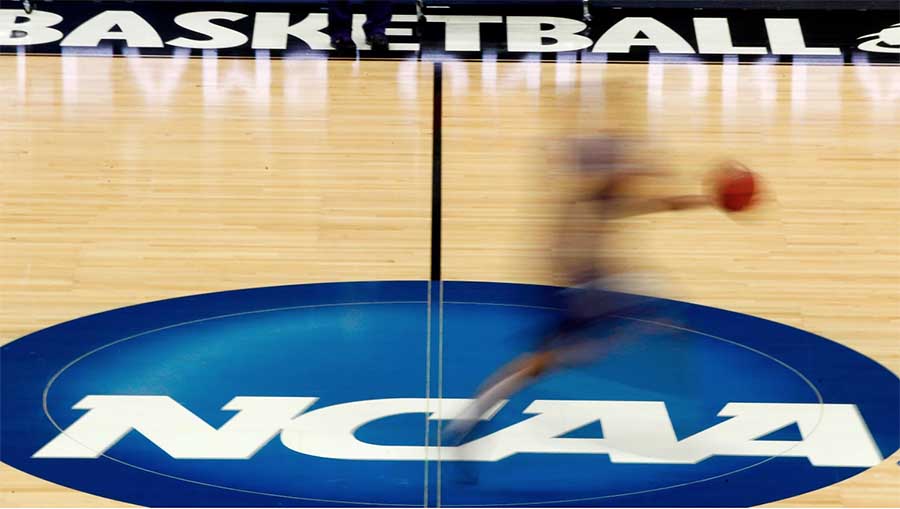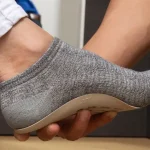The Supreme Court ruled unanimously on Monday that the NCAA cannot limit education-related benefits, like computers, musical instruments and paid internships, that colleges could offer their star student-athletes. The ruling opens the door for future legal challenges in the NCAA’s decades-old fight over paying student-athletes.
Under current NCAA rules, students cannot be paid and scholarship money is capped at the cost of attendance.
The NCAA defended the rules as necessary to protect the distinction between amateur and professional sport.
The current and former athletes who filed the NCAA v. Alston case had said the restrictions on compensation amounted to an unlawful restraint of trade.
On Monday, the high court agreed, ruling that the NCAA’s curb on non-cash payments violates the Sherman Antitrust Act federal law designed to outlaw monopolies in business. Writing for the court, Justice Neil Gorsuch said that the NCAA had essentially sought “immunity from the normal operation of the antitrust laws.”
The decision allows schools to provide its athletes with unlimited compensation as long as it is in some way connected to their education.
In a concurring opinion, Justice Brett Kavanaugh noted that “the NCAA’s business model would be flatly illegal in almost any other industry in America.”
“The NCAA is not above the law,” Kavanaugh wrote. “The NCAA couches its arguments for not paying student-athletes in innocuous labels, but the labels cannot disguise the reality. The NCAA’s business model would be flatly illegal in almost any other industry in America.”
Monday’s decision upholds a ruling from a federal appeals court last year. The Biden administration had filed a brief in support of this lower court’s decision this March.
Non-compensation of college athletes, a core tenet of the 115-year-old NCAA, had faced increasing scrutiny in recent years. Federal antitrust lawsuits have slowly eroded strict amateurism rules during the past decade. Nineteen states have passed laws in the past two years that rebuke the organization’s rules and would soon allow athletes to start making money, and Congress is debating at least a half-dozen bills aimed at reforming the NCAA.
Jeffrey Kessler, the lead attorney representing the student-athletes, said in a statement the “historic decision” is about the athletes, “especially those who will never join the pros,” according to Reuters.
“Hopefully, it will also swing the doors open to further change so that we can finally see a fair and competitive compensation system in which these incredible players get to benefit from the economic fruits of their labors and pursue their educational objectives.”
In a statement, the NCAA said that while the Supreme Court’s decision preserves the lower court’s ruling, it also reaffirms the NCAA’s authority to adopt reasonable rules and repeatedly noted that the NCAA remains free to articulate what are and are not truly educational benefits, consistent with the NCAA’s mission to support student-athletes.
“Even though the decision does not directly address name, image and likeness, the NCAA remains committed to supporting NIL benefits for student-athletes,” said NCAA President Mark Emmert. “Additionally, we remain committed to working with Congress to chart a path forward, which is a point the Supreme Court expressly stated in its ruling.”
Photo courtesy AP
















